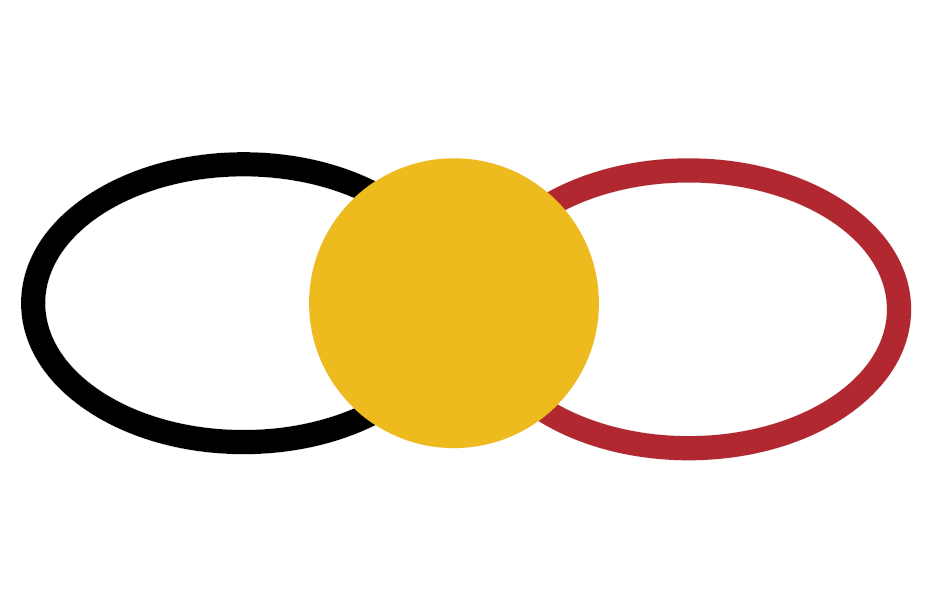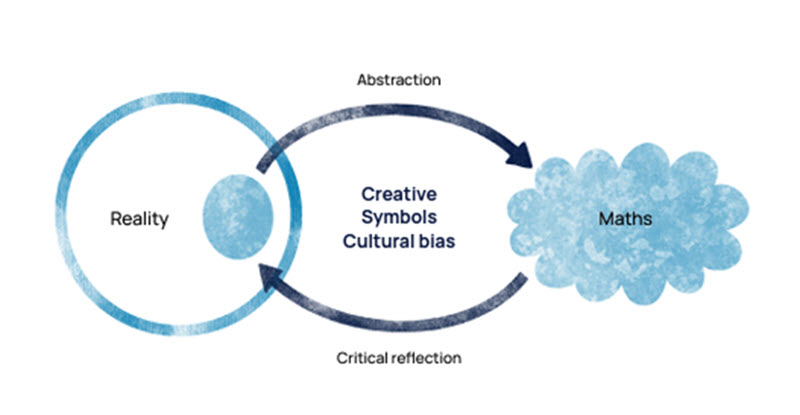The authors and partners of these resources would like to acknowledge the Traditional Custodians and Elders across all Nations. We acknowledge your place as owners of the lands and waterways we work, teach and learn upon. We acknowledge the continuing cultures and connections to Country. We acknowledge ancestors as the First Mathematicians. We also pay our respects to our emerging Elders, our future leaders, our strong and smart students. They are the Mathematicians of our future. We pay our respects to all Australian Aboriginal and Torres Strait Islander peoples working within teaching and learning. We are confident that the information in this guide will be useful in supporting an understanding of the connections between mathematics and cultures.
WARNING: Aboriginal and Torres Strait Islander viewers are warned that the following program may contain images and voices of deceased persons.
Embedding Indigenous Knowledges
These resources, developed by Stronger Smarter Institute (SSI), are intended to inspire teachers of mathematics to see the connections between mathematics and First Nations peoples' histories and cultures.
Indigenous Knowledges (IK) are shared so teachers of mathematics are provided with alternative ways to view mathematics content based in reality of histories and cultures.
Indigenous Knowledges shared through interconnected themes

Interconnected themes
Each interconnected theme incorporates video of an Indigenous Knowledge holder or custodian, sharing their Indigenous Knowledge (IK) on Country.
Supporting resources enable teachers to utilise these examples by working collaboratively with their Indigenous teacher assistants and their local Indigenous community to localise perspectives for place-based mathematics.
Third Cultural Space
Teachers of mathematics should collaborate with their own local community to enact the Third Cultural Space. The Third Cultural Space is a place of sharing and deep listening to multiple perspectives and explored more fully in accompanying resource.
Equitable knowledge sharing in culturally safe spaces can influence equitable inclusion of multiple perspectives of mathematics.

Image: The Third Cultural Space (Davis, 2008)

Image: Goompi Model, Professor Chris Matthews, 2009, p. 47
Culturally Responsive Pedagogy
The culturally responsive pedagogy that is adopted within these resources is Professor Chris Matthews' Goompi model. The Goompi model empowers educators to weave together mathematics and culture. This model ensures that students can actively engage in mathematics that is connected to their living world.
© 2023 Commonwealth of Australia. These resources may be used under a Creative Commons Attribution-Non Commercial-No Derivatives (CC BY-NC-ND 4.0) licence. These resources were created by Stronger Smarter Institute and Indigenous knowledge-holders.